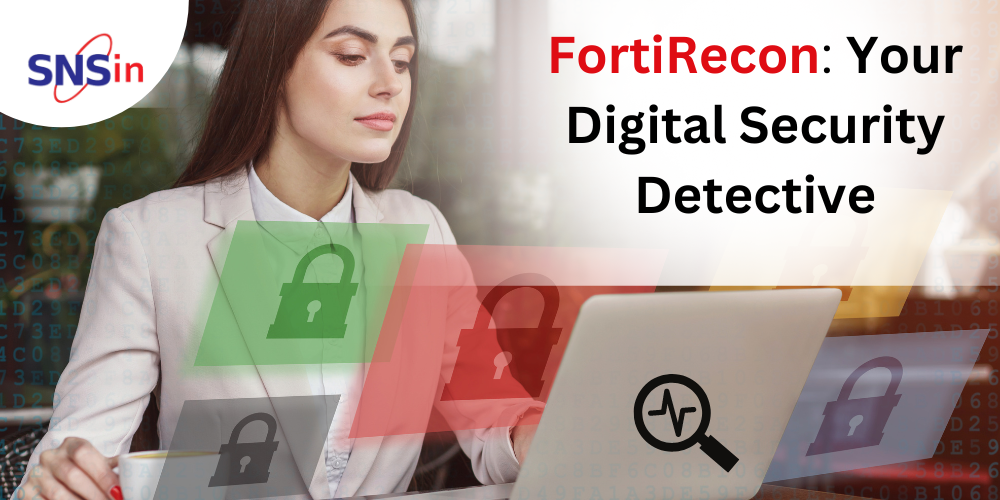- Increase in phishing emails targeting persons working remotely
- Use of personal email for official purposes
- Use of personal “unsecured “ laptops to work remotely
- No proper end point security in place
- Increase in vishing calls on remote workers
As the world has moved to remote work, the attackers are seeing this as a golden opportunity as workers are not protected under corporate networks which have additional layers of protections.
Here are some suggestions and best practices to be followed to avoid scammers from Phishing
- Spreading awareness: The key element of protection is to educate employee how to detect and report phishing and vishing attempts.
- Teaching Phishing protection tips: Looking for suspicious file attachments, not to fall prey for unbelievable offers , not to click on suspicious url’s are some of the tips which can be shared to the employees to empower them to detect malicious attempts
- Having Phishing mock drills : There are companies like SNS who can run a mock phishing drills with detailed reporting so that company HR is assured that all users are educated .
Some Vishing protection tips which can be used to avoid scammers:
- Asking for internal company information for verification
- Asking for their manager’s name
- Asking for key person’s name to verify from company directory
- Asking for a call back number to verify where are calling from
- Asking to send an official mail from official mail id to check the authenticity
Companies should provide regular training to employees to update them about frauds and phishing news. For best network security solutions & awareness trainings, you can visit https://www.snsin.com/
![]()




